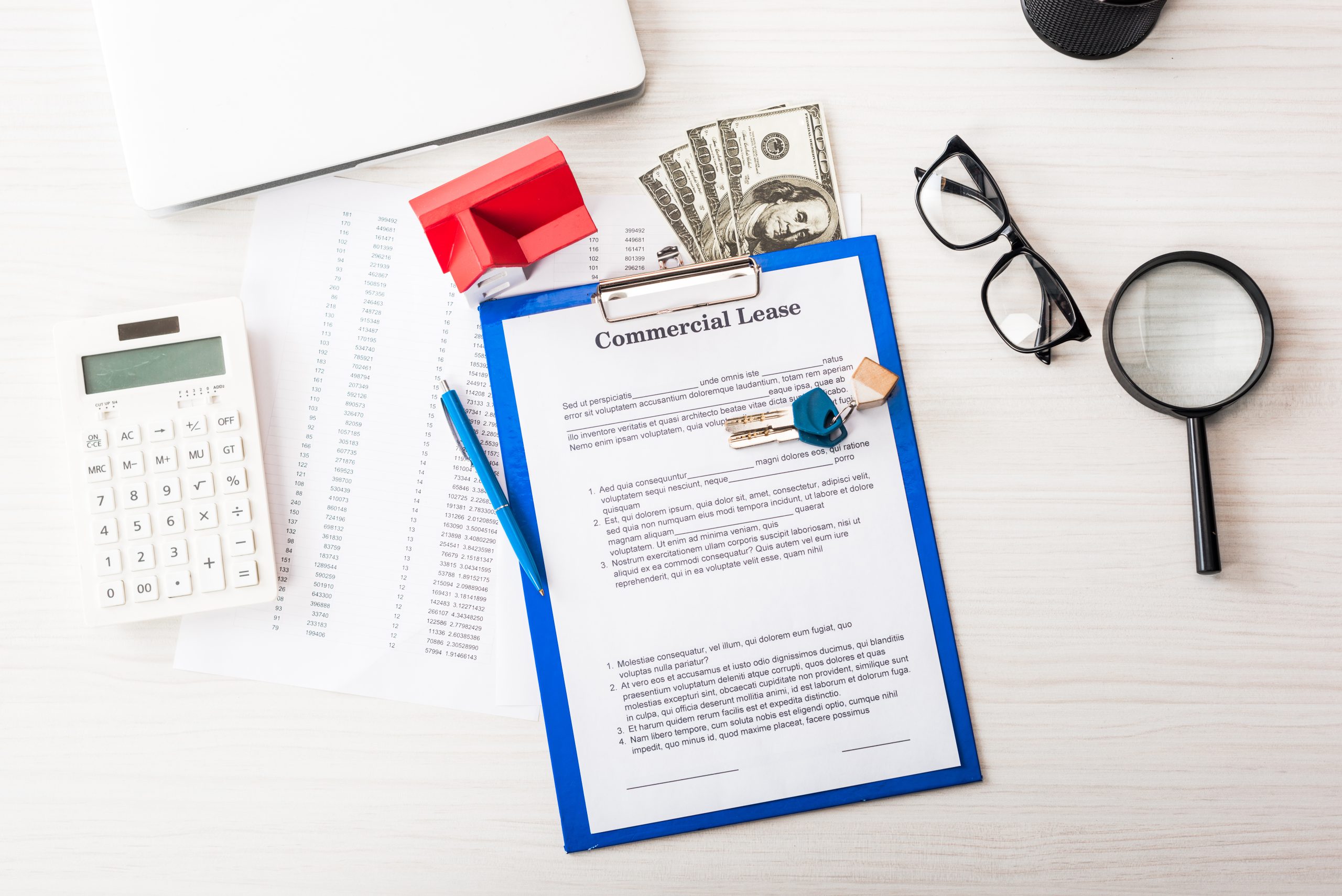The UK’s commercial real estate market has surged in recent years, hitting a peak of £1 trillion in 2018. According to the Royal Institute of Chartered Surveyors, the sector contributes 1.7% of the country’s economic output, 1.1% of tax revenue, and employs nearly 1.8% of the workforce.
Beyond the economic benefits, commercial property helps drive business growth and shape thriving, sustainable communities. However, while the rewards can be substantial, commercial real estate investment has its share of challenges.
To help you avoid common pitfalls, here’s a look at ten mistakes investors often make – and how you can overcome them.
1 – Skipping Due Diligence
Overlooking due diligence can lead to unwanted surprises like boundary disputes or issues with planning permission problems and title deeds.
These factors can derail a deal or cause legal issues. Working with experienced commercial conveyancers like Toomey Legal can help ensure everything is in order.
From reviewing title deeds to verifying documents, having professionals on your side makes the process smoother and reduces risk.


2 – Not Understanding Lease Terms
Lease agreements can be full of legal jargon. Even the slightest misunderstanding of terminology around rent increases, maintenance responsibilities, or termination conditions can impact your investment.
Always get legal advice before signing agreements.
Toomey Legal can help translate complex lease terms into straightforward language so you know what you’re agreeing to.
3 – Ignoring Market Trends
A property might look like an excellent investment on paper, but you could be setting yourself up for disappointment if you don’t monitor market trends.
So, do your homework before committing. Research local trends, speak with industry experts, and stay informed about the broader economic picture.
A well-informed decision today can save you from regrets tomorrow.


4 – Poor Financing Decisions
Securing financing is about more than getting approved for a loan.
High interest rates, unfavourable repayment terms, or early payment penalties can all affect your profits, so you must also ensure the terms are favourable.
Take time to understand the financial implications and make sure your property’s income can cover financing costs before agreeing to a deal.
Seek expert legal advice to avoid expensive errors.
5 – Overlooking Legal and Regulatory Requirements
Failure to comply with UK commercial property law can result in fines or legal action. You must follow regulations from bodies like HMRC to the letter.
Stay on top of legal requirements by working with professionals who understand the latest regulations.
Toomey Legal ensures all your documentation meets industry standards, giving you peace of mind that your paperwork is legally sound.


6 – Poorly Drafted Contracts
A handshake agreement isn’t enough to secure a commercial property transaction. Instead, you should document every detail to prevent potential disputes.
An experienced conveyancer can draft and review contracts to ensure airtight documentation with fair, enforceable terms.
7 – Doing It Alone
Navigating commercial property transactions without expert guidance can lead to legal issues and financial losses.
Hire legal advisors, financial experts, and property consultants who can help you avoid common pitfalls.
Investing in expert advice now can save you from headaches later.


8 – Underestimating Costs
Many investors focus on purchase prices but overlook the ongoing costs of owning commercial property.
Maintenance, repairs, property taxes, and unexpected expenses can soon add up.
Create a realistic budget that includes all potential costs and set aside a financial buffer for emergencies.
9 – Incomplete Property Information
Sellers don’t always disclose every issue, and relying on incomplete information can lead to unexpected problems.
Structural defects, zoning restrictions, or hidden liabilities can all impact a property’s value.
Protect your investment by asking a professional to conduct independent inspections and assessments before finalising any deal.


10 – Failing to Plan an Exit Strategy
Even if you’re investing for the long term, you should always have a clear exit strategy. Whether you plan to sell, lease, or redevelop the property in the future, a lack of planning can limit your options.
Think ahead. Consider market trends, lease terms, and potential buyer interest.
A well-thought-out exit strategy provides flexibility and helps you maximise returns when it’s time to move on.
Conclusion
Commercial property investment in the UK offers incredible opportunities. However, success requires careful planning and expert guidance. Avoiding these common mistakes can save you time, money, and stress in the long run.
Need help with a commercial property investment?
Toomey Legal is here to help.
With conveyancing and commercial property law expertise, we ensure your transactions are seamless, compliant, and profitable. Get in touch today to discuss your investment plans.
Call now for a quote or fill out the below form with your enquiry details.
